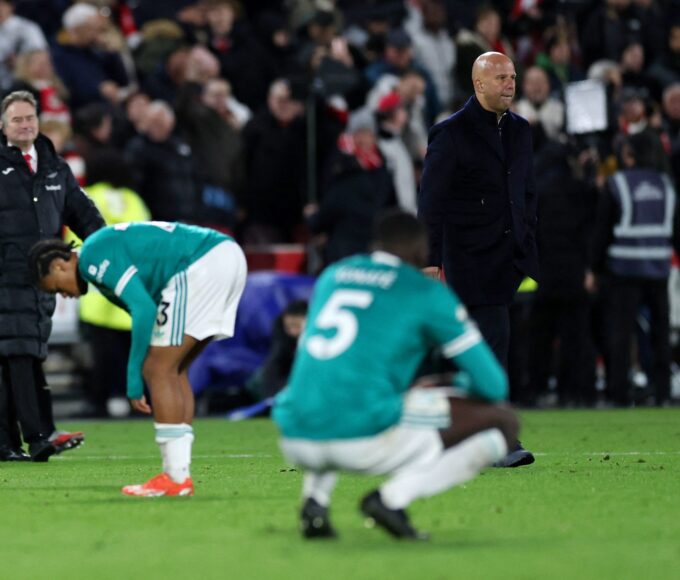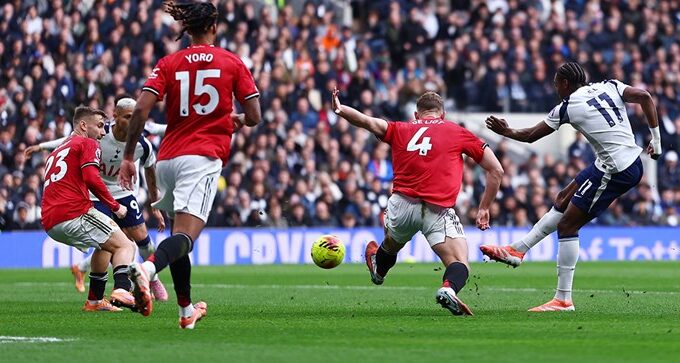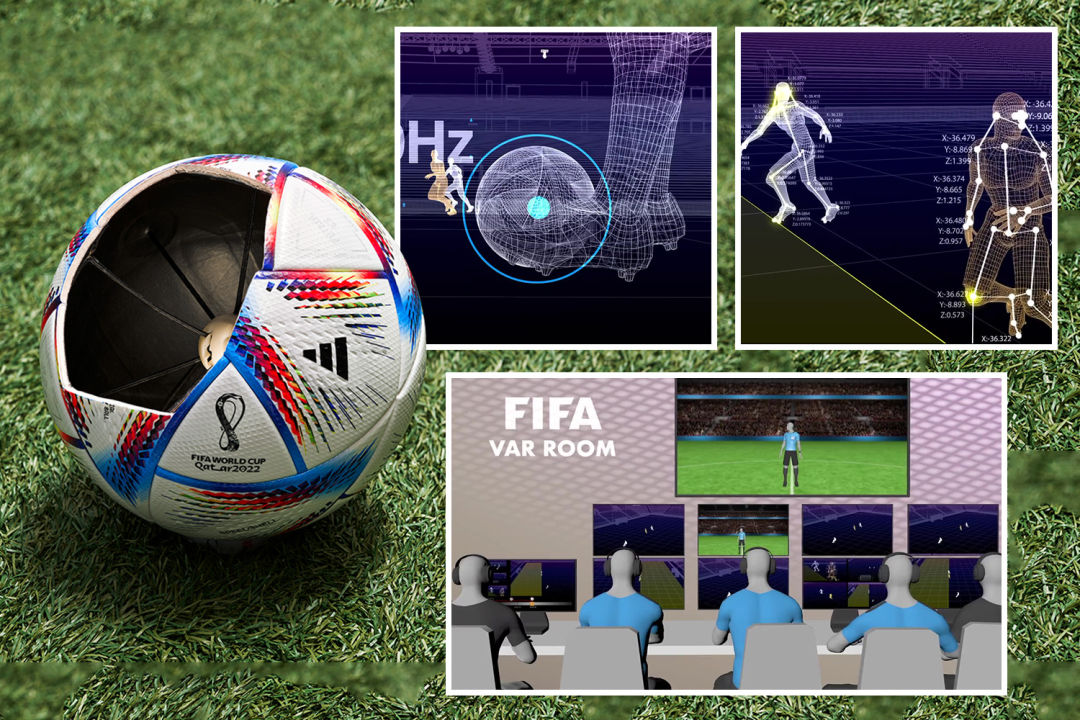Since its introduction in 2018, the Video Assistant Referee (VAR) has been one of the most debated innovations in world football. Love it or hate it, VAR has fundamentally changed how refereeing decisions are made, and it continues to evolve. For the 2025/26 season, FIFA and UEFA have announced new technological upgrades that aim to make the system faster, smarter, and more accurate.
The Evolution of VAR
Initially introduced to correct “clear and obvious errors,” VAR has gone through several phases:
2018 World Cup debut – VAR was used for the first time in Russia, correcting multiple penalty and offside decisions.
Domestic adoption – Major European leagues, including the Premier League, Serie A, and La Liga, integrated VAR into weekly fixtures.
Semi-automated offside technology – Introduced at the 2022 World Cup in Qatar, it used AI-driven cameras to quickly detect offsides with 3D limb-tracking.
Now, VAR is taking its next step forward with AI-powered decision-making support.
What’s New in 2025/26?
FIFA and UEFA have confirmed several upgrades:
AI-Powered Offside Detection – Using limb-tracking technology and ball-chip sensors, offsides will be flagged instantly, with animations shown on stadium screens for transparency.
Quicker Reviews – Average review times are expected to drop from 70 seconds to under 30 seconds, minimizing game interruptions.
Fan-Friendly Visuals – Stadium audiences and TV viewers will now see real-time explanations and graphics of VAR decisions, similar to cricket’s DRS system.
Goal-Line & Handball Sensors – Tests are underway to automatically detect handballs and ball-touch incidents, removing referee guesswork.
The Debate Among Fans and Experts
Supporters of VAR say:
It reduces clear referee errors.
Brings fairness in high-stakes matches.
Improves transparency with visual explanations.
Critics argue:
It disrupts the natural flow of the game.
Decisions still rely on subjective interpretation (e.g., “handball” or “foul”).
Fans inside stadiums often feel disconnected when decisions take too long.
Former Premier League referee Mark Clattenburg recently said: “Technology is improving, but football’s laws are still open to interpretation. That’s the real challenge.”
The Future of VAR
Experts believe VAR could eventually become fully automated, with minimal referee intervention. Imagine a future where AI instantly flags fouls, offsides, or handballs without the need for long stoppages.
However, governing bodies stress the importance of keeping the human element in refereeing. After all, football’s unpredictability and emotion are part of what make the game special.


























Leave a comment